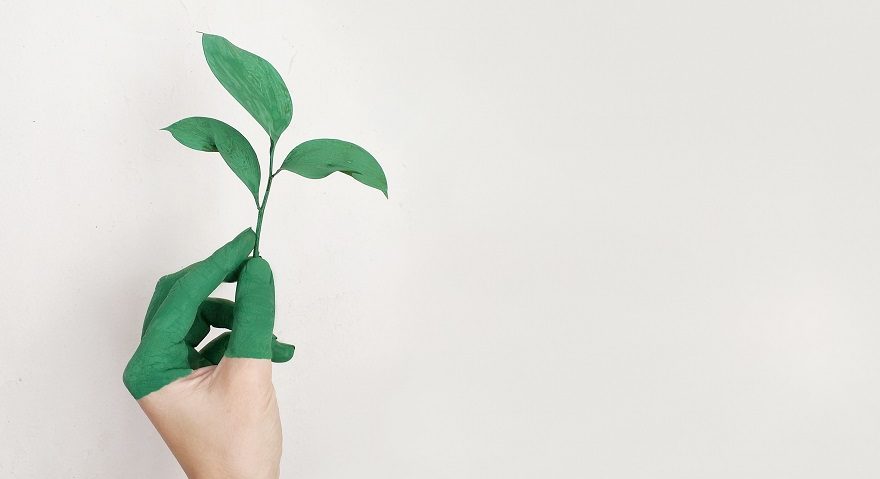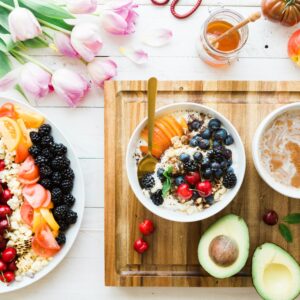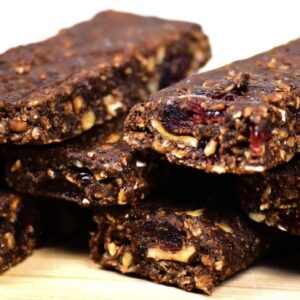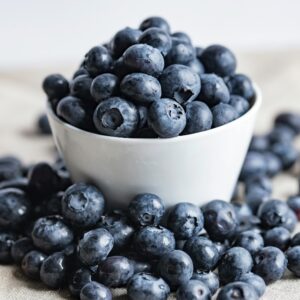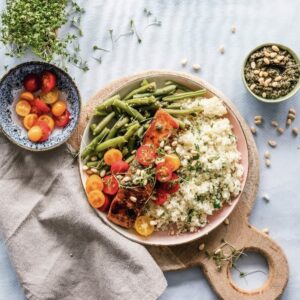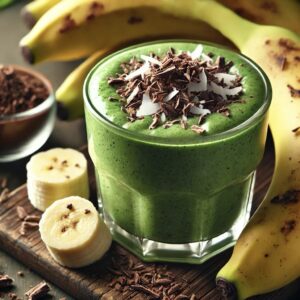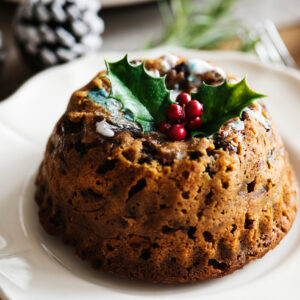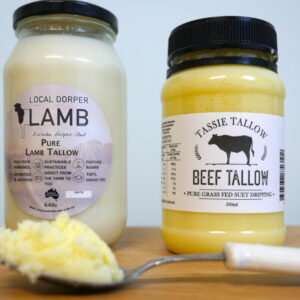There is a lot in the modern world that can make you feel endlessly guilty about not doing the “right” thing. I have to admit, as a part-time working mum in a busy household of 4 kids (yep crazy I know!), it is tempting to succumb to using the many conveniences of modern life.
Disposable plastics, overuse of technology, ridiculously long showers (there is a teenager in our house), buying toys and more ‘stuff’, using the dryer because you just can’t be bothered hanging the clothes on the line. The list goes on.
For me, the key to living a more sustainable lifestyle has been to take it one step at a time. I don’t necessarily mean to give up all luxuries to ‘tough’ it out for the sake of our planet, but I try to be aware of our resource consumption and finding ways to reduce unnecessary waste. Like any worthwhile change in life, the transition in our family has been slow.
But, over time, I have come up with an approach that has helped me make the best decisions for my family. It has also helped me teach the kids about how to make the best choices for themselves and their planet. In our house, we call it the five R approach (being a teacher, I am a massive fan of acronyms).
Refuse
The availability of convenient single serve snacks, bags, bottles and packets does seem to make life a little easier. But if there is one thing that each of us could do that may have the biggest impact, it is to force companies to make better decisions about how they package their products. By refusing to purchase plastic bags and instead using your own glass jars, cloth bags and reusable storage options, it will help to drastically reduce disposable waste.
What about the junk mail that clutters up your letterbox each week? Do you simply throw it straight in the bin? We put up a ‘no junk mail’ sign, now preventing so much unnecessary paper going into landfill.
I also believe one of the most important aspects of sustainable living is to eat locally where possible. By refusing to buy from further afield (such as online or overseas) and instead purchasing your fruit and vegetable and grocery items from places closer to home, you are supporting local farmers and getting the freshest, most nutritious produce to boot.
Reduce
The big standout here is about reducing household energy use, which will ultimately result in a much lower power bill as well as benefiting the planet’s natural resources. We’re very much a work in progress when it comes to this. With 4 kids who love long hot showers (especially in winter), constantly leave lights on in EVERY room in the house and chuck items in the washing machine that they wore for like 5 minutes, the struggle is real. We have installed timers in the shower and there are consequences for leaving lights on in unused rooms (80 push ups – NOW!).
I hope that continually reminding the kids about the impact on the environment and costs associated with overusing electricity, it will eventually sink in and they will feel accountable.
Reuse
Unless you buy your own cow (which would be fun), eat all your fruit and veggies from your garden and live completely off the grid, you will adopt this principle at some stage in your journey to living a more sustainable life.
We reuse plastic bags as storage bags or carry bags until they are no longer useful. Rather than throwing a product away (such as a toy or a no longer required baby accessory), I determine whether it can be sent to charity or even sold on a “buy and sell” group for a small amount (great for the kid’s moneybox). Other items that can be useful when reused include old toothbrushes, which are excellent for cleaning grout or other hard to reach surfaces, (Big tip! Keep these separate from your actual toothbrushes. I may have learnt this lesson the hard way……..yuck!). Egg cartons and newspapers are excellent craft tools and all manner of exciting things can be constructed using these two items alone.
It can be fun, and oddly satisfying, to think outside the box when reusing items for another purpose they weren’t originally intended for.
Recycle
This has been an easy one for us. The kids have learnt the blue bucket next to the garbage bin is for cardboard, plastic containers and bottles and tin products. They have actually become pretty decent recyclers, with only the odd product ending up in the wrong bin.
To make sure you are not contaminating your recycling, you should first check your local council recycling guide. What each council accepts as recyclable can be different.
Rot
This is my personal favourite as nothing excites me more than seeing the monstrous amount of food scraps (the 6 of us eat a LOT of fruit and veg) going into our tumbler compost system, being eaten away by worms and broken down to produce rich fertiliser for our veggie garden. Magnificent!
Like I said, we are a work in progress and certainly not perfect at adopting the five R’s. However, my hope is my kids’ sponge-like brains will see my actions, accept them as normal, and adopt these habits themselves as they grow older.
Every person has the potential to create small steps toward a better future, even the littlest ones. So…let’s get refusing, reducing, reusing and recycling!
By Emma H for go natural foods

